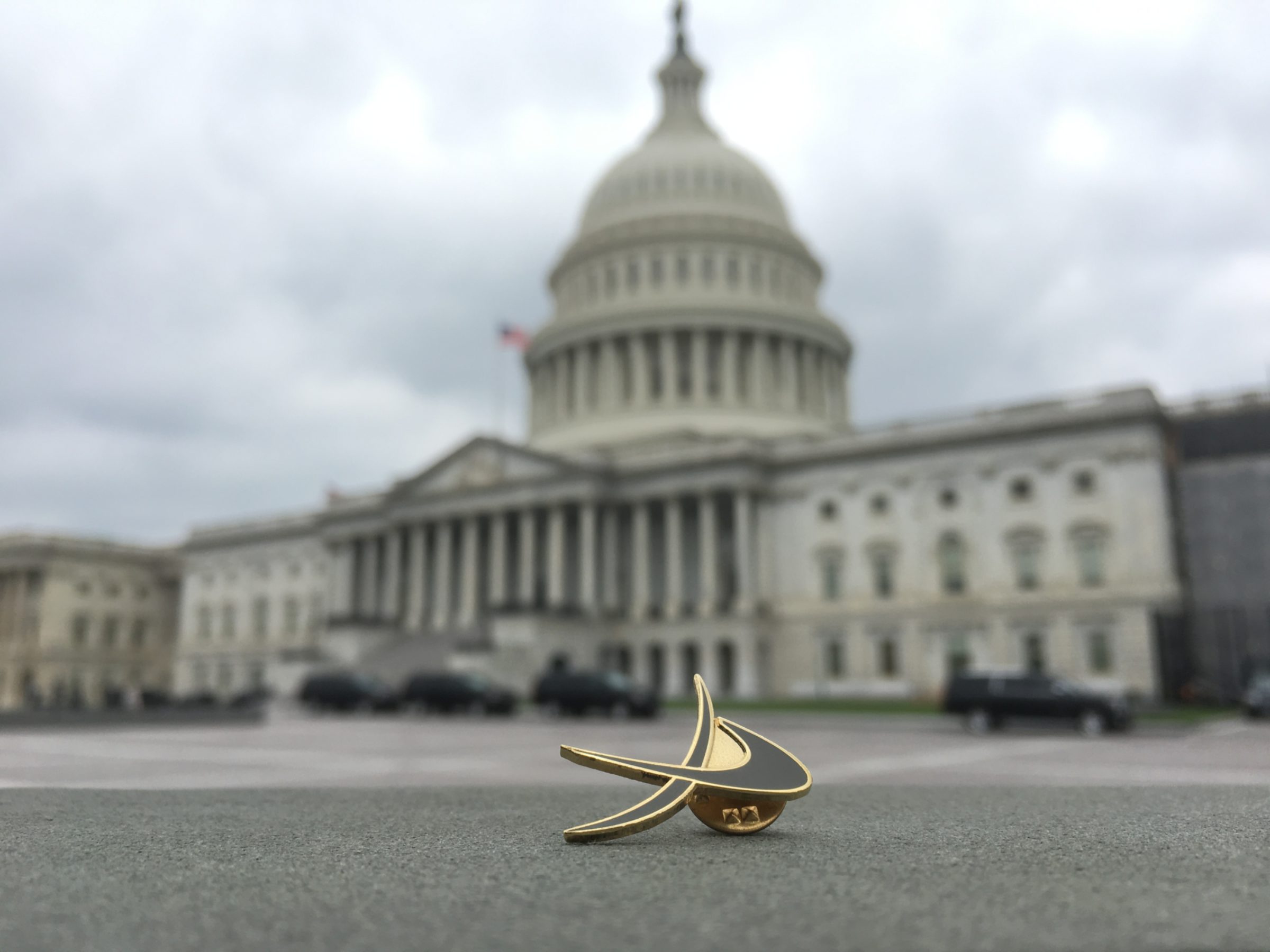We believe the public should inform space policy
through civic engagement
Our Approach
Space missions don't just happen. Smart policy and stable funding are critical for success in both private and public space exploration. To this end, The Planetary Society pursues political advocacy to guide legislation and to educate, train, and mobilize our members to be effective space advocates. We also generate space policy to help build consensus about where to explore and how best to get there.
The Planetary Society's Space Policy and Advocacy program
- Is independent—it accepts no corporate or government funding.
- Empowers individuals to be effective advocates for space exploration.
- Educates the U.S. Congress to support our core enterprises of planetary exploration, planetary defense, and the search for life.
- Develops original research and policy solutions to support the work of policymakers around the world.
"We need to make sure that we have groups like The Planetary Society always engaged, always interested. Get your friends involved, grow the base of the community that is necessary to support space exploration and the science and the discovery that goes along with it. I cannot tell you how important it is."
—NASA Administrator Jim Bridenstine on Planetary Radio, April 2020
Our Results
More than 500,000 messages sent to Congress and the White House by our members and supporters in the last decade.
Helped establish the first Planetary Science Caucus
in the United States Congress
Led the fight against cuts to NASA's planetary exploration program—helping it grow by more than $1.5 billion between 2013 and 2020.
Established the Day of Action, the largest annual in-person congressional outreach event open to the public and our members.
We reach more than 32,000 subscribers each month with The Space Advocate newsletter and the Space Policy Edition podcast.
How You Can Help
There is always something you can do: whether it's writing to your political representatives, educating yourself about space policy and politics, or even sharing your love of space with your family and friends.
Take Action
Want to do something right now? If you live in the United States, our Action Center helps you reach out to Congress and the White House on relevant issues. If you'd like to up your advocacy game, consider joining us at the Day of Action—our annual event where Society members gather in Washington, D.C. to meet with congressional offices in-person.
Educate Yourself
Scientia potentia est—knowledge is power. We provide training and academic-quality data products for anyone, for free, to enable you to be a high-performing space advocate. You can also learn about The Planetary Society's positions and policy goals to see what we're doing on our members' behalf.
Stay Informed
Take it from us: keeping up with space politics is a full-time job. But we do the work for you, highlighting the most important, relevant, and consequential events so you can stay on top of the news.
Our monthly newsletter, The Space Advocate, provides a succinct summary of key events in space politics and policy. The Space Policy Edition podcast of Planetary Radio features insightful interviews with policy experts to explore the behind-the-scenes stories of how space works. We also track the developments of NASA's annual budget through Congress and regularly publish insightful policy analysis by our expert staff.
Featured Projects
The Planetary Exploration Budget Dataset
The cost per mission, per year, for every robotic planetary exploration effort in NASA's history.
Latest Articles
[Updated] The CRomnibus Comes Through for NASA and Planetary Science
The U.S. budget cycle for fiscal year 2015 is coming to an end. Should Congress pass the so-called CRomnibus bill as-is, NASA would see its highest funding level since 2011 and a great increase to its Planetary Science Division.
What Happens When Space Projects Go Over Budget? The Curious Case of MSL’s Overrun
Jason Callahan takes a detailed look at the effects of Curiosity's cost overruns on NASA's budget.
Selecting the Next Creative Idea for Exploring the Solar System
With the release of the official Announcement of Opportunity (AO) early in November, NASA has officially begun the competition to select its next low cost ($450M) Discovery program planetary mission. Because planetary scientists are free to propose missions to any destination in the solar system other than the sun and Earth, these competitions bring out the creativity in the planetary science program.
United Launch Alliance Answers Burning Questions about Orion's Rocket
When Orion launches next week, you may notice something alarming: The spacecraft's rocket sort of catches itself on fire. But not to worry, says United Launch Alliance.


 Explore Worlds
Explore Worlds Find Life
Find Life Defend Earth
Defend Earth







